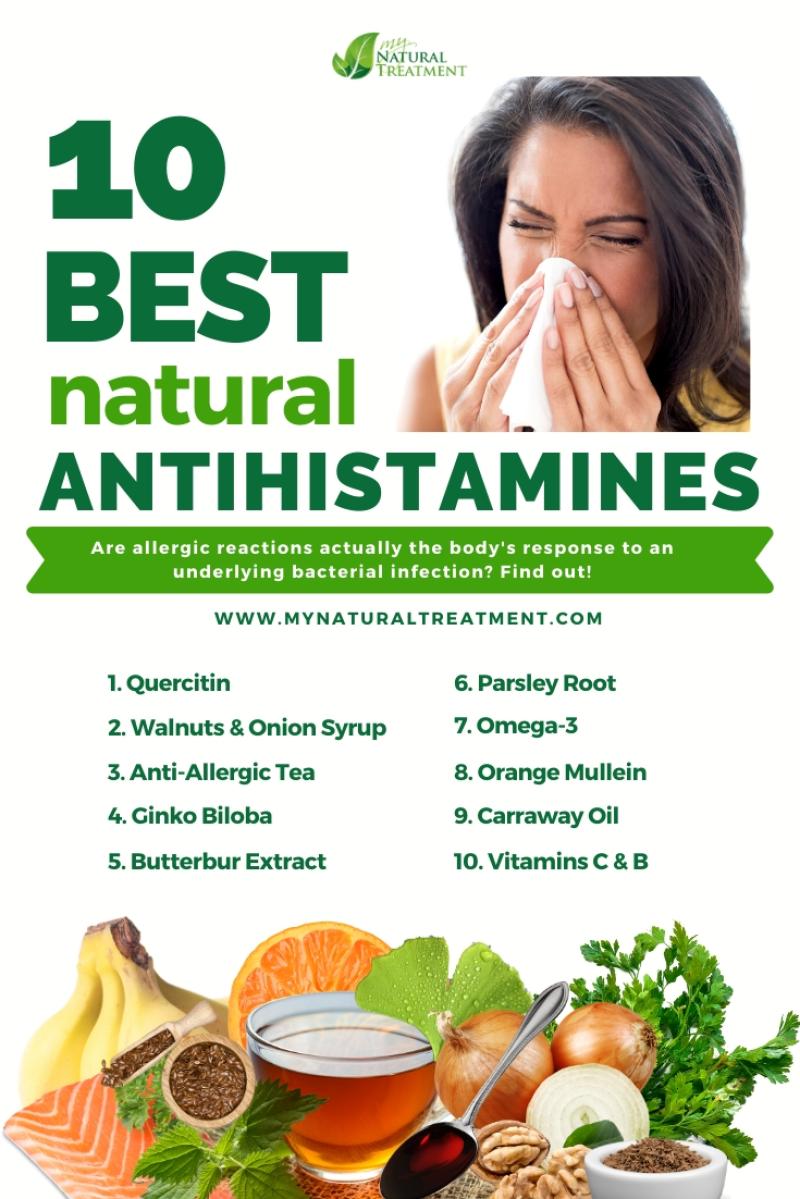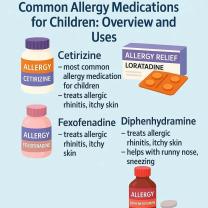What are some home remedies for allergic reaction?
There are several home remedies that may help alleviate mild allergic reactions. However, if the reaction is severe or potentially life-threatening (such as anaphylaxis), seeking immediate medical attention is crucial. Here are some home remedies that might provide relief for mild allergic reactions:
Cold Compress or Ice Pack: Applying a cold compress or ice pack to the affected area can help reduce swelling, itching, and inflammation caused by allergic reactions.
Aloe Vera: Aloe vera gel has soothing properties that can help alleviate itching and inflammation. Applying a thin layer of aloe vera gel to the affected skin can provide relief.
Oatmeal Bath: Taking an oatmeal bath can ease skin irritation and itching. Add colloidal oatmeal or ground oats to a lukewarm bath and soak in it for about 15-20 minutes.
Honey: Local, raw honey might have anti-inflammatory properties. Consuming a small amount might help with seasonal allergies, although scientific evidence is limited.
Tea Bags: Cold, damp tea bags (especially black or green tea) applied to irritated skin may provide relief due to their anti-inflammatory properties.
Apple Cider Vinegar: Diluted apple cider vinegar can be applied topically to soothe itchy skin. Mix one part vinegar with three parts water and dab it on the affected area.
Baking Soda: A paste made with baking soda and water can be applied to relieve itching. Mix baking soda with water to create a paste and apply it to the affected area for a few minutes before rinsing off.
Essential Oils: Some essential oils, such as lavender or chamomile oil, may have anti-inflammatory and calming effects. Dilute a few drops in a carrier oil and apply to the skin (after performing a patch test to ensure no adverse reactions).
Remember, these remedies might provide relief for mild allergic reactions, but they aren’t substitutes for medical treatment, especially in severe cases. If you experience severe symptoms like difficulty breathing, swelling of the face or throat, or dizziness, seek immediate medical attention or call emergency services. Also, it's essential to know your specific allergies and potential triggers to avoid exposure in the future.
Household Items and Natural Substances for Soothing Allergic Reactions:
Here are some household items and natural substances that may help soothe allergic reactions at home:
For Skin Allergies:
- Oatmeal: Oatmeal baths or applying a paste made with oatmeal and water to the affected area can help relieve itching and inflammation.
- Baking soda: Baking soda can help neutralize the skin's pH and reduce itching. Make a paste with baking soda and water and apply it to the affected area for 10-15 minutes before rinsing it off.
- Honey: Honey has anti-inflammatory properties and can help soothe irritated skin. Apply a thin layer of honey to the affected area and leave it on for 20-30 minutes before rinsing it off.
- Aloe vera: Aloe vera gel can help reduce itching and inflammation. Apply a thin layer of gel to the affected area several times a day.
- Cold compress: Applying a cold compress to the affected area can help reduce swelling and itching.
For Nasal Allergies:
- Saline nasal irrigation: Rinsing your nasal passages with a saline solution can help remove allergens and mucus, which can reduce congestion and inflammation.
- Steam inhalation: Inhaling steam from a hot shower or adding essential oils like eucalyptus or peppermint can help loosen mucus and open up your airways.
- Garlic: Garlic has anti-inflammatory properties and may help reduce allergy symptoms. You can consume garlic cloves or take garlic supplements.
- Quercetin: This bioflavonoid found in fruits and vegetables like apples, onions, and berries may help reduce allergy symptoms by stabilizing mast cells, which release histamine during an allergic reaction.
For Eye Allergies:
- Cold compress: Applying a cold compress to your eyes can help reduce itching and swelling.
- Artificial tears: Artificial tears can help lubricate your eyes and relieve dryness and irritation.
- Cucumber slices: Cucumbers have anti-inflammatory properties and can help soothe tired eyes. Place chilled cucumber slices over your closed eyelids for 10-15 minutes.
It's important to note that these are natural remedies and may not work for everyone. If your symptoms are severe or do not improve with home treatment, it's important to consult a doctor.
Non-Pharmaceutical Methods for Managing Mild Allergic Responses:
In addition to the above home remedies, here are some non-pharmaceutical methods to manage mild allergic responses:
- Avoid triggers: The most effective way to manage allergies is to avoid the substances that trigger your symptoms. This may involve staying indoors during high pollen seasons, keeping pets outdoors if you are allergic to them, and using dust mite covers on your pillows and mattresses.
- Improve indoor air quality: Air purifiers and HEPA filters can help remove allergens from the air in your home.
- Wear a mask: Wearing a mask when outdoors can help prevent allergens from entering your nose and mouth.
- Practice good hygiene: Wash your hands regularly and avoid touching your face, which can transfer allergens to your eyes and nose.
- Get enough sleep and exercise: A healthy lifestyle can help boost your immune system and make you less susceptible to allergies.
It's important to consult with your doctor before trying any new natural treatments or non-pharmaceutical methods for managing allergies. They can help you determine the best way to manage your symptoms and ensure that you are not taking any medications that may interfere with the natural remedies or methods.












